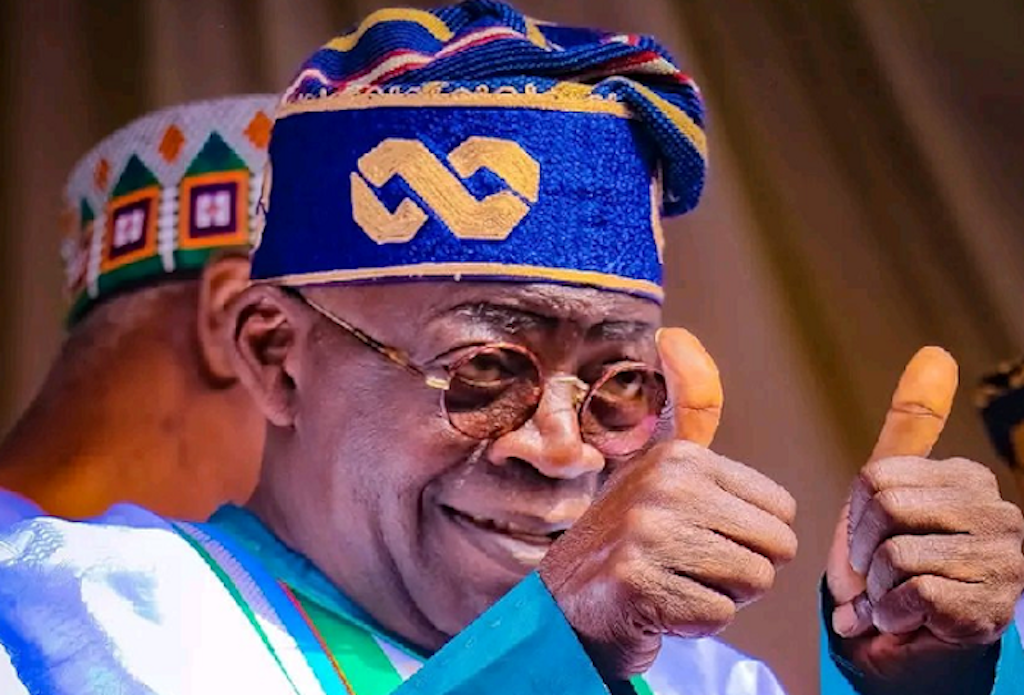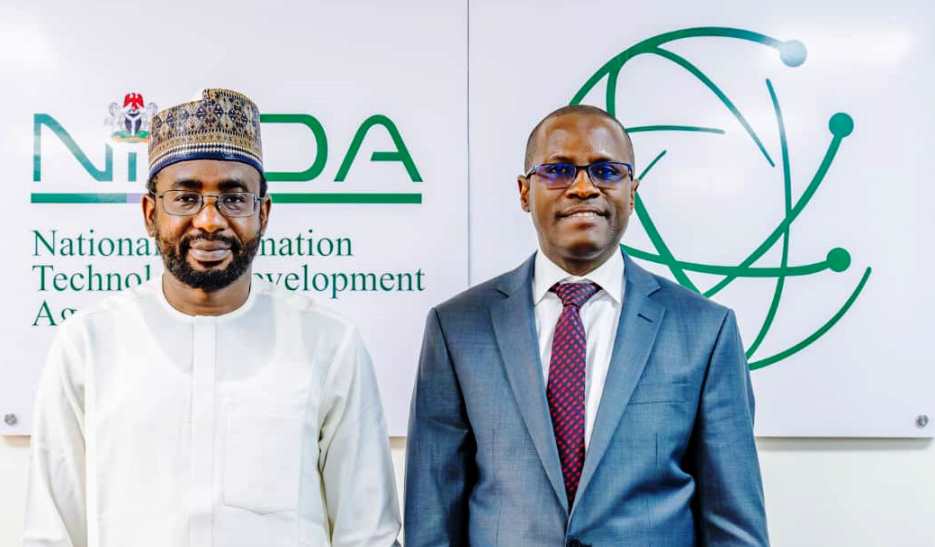As Nigeria looks ahead to the 2027 presidential election, early signs indicate the political atmosphere is already heating up. From hushed conversations in government corridors to energetic planning in party headquarters, it’s clear the journey to Aso Rock has effectively kicked off, well before campaign jingles fill the air. According to Abuja-based political analyst Chinedu Awoyemi, “What we are witnessing is a prelude to an intense battle, but right now, President Bola Ahmed Tinubu seems to have built a formidable lead that will be challenging for opponents to overcome.”
The roots of Tinubu’s current advantage date back immediately after his 2023 victory. Taking office at a difficult time, the administration inherited a sluggish economy and an array of entrenched policies that had proven costly over decades. Rather than tread cautiously, Tinubu’s government moved decisively—removing long-standing fuel subsidies and merging exchange rates. These moves, while widely criticized and initially unpopular, demonstrated a willingness to tackle problems many predecessors sidestepped. The Nigerian Bureau of Statistics recorded a sharp rise in inflation and increased transportation costs after these reforms, sparking street protests and skepticism. Yet, the administration stood firm, signaling prolonged gains over immediate relief.
Now, as the third year of this administration unfolds, the logic behind these uncomfortable reforms is starting to show. Official data suggest government revenues have risen, the Naira has stabilized somewhat compared to the sharp volatility of 2023, and foreign investment is returning—particularly in energy, manufacturing, and infrastructure sectors. According to statements from the Federal Ministry of Finance, projects such as the Lagos-Calabar Coastal Road, the Badagry–Sokoto Highway, railway upgrades connecting regional commercial hubs, and new power projects in underserved communities have offered unmistakable signs of progress.
For ordinary Nigerians, visible government projects have tangible value. In places like Ogun and Anambra States, construction sites now bustle with activity—bulldozers opening new roads, cranes lifting bridge decks, and communities reporting increased hours of electricity. “We’ve heard plenty of empty promises in the past. But now, we actually see transformers being installed and roads paved,” reported Sola Akpan, a resident of a newly electrified Oyo community. These developments have become a compelling argument for continuity, hard to ignore or dismiss as mere political noise.
While Tinubu and his party seize the narrative of delivery and reform, the major opposition parties face internal struggles that weaken their standing. The Peoples Democratic Party (PDP), previously Nigeria’s dominant force, continues to be beset by internal divisions, unresolved zoning debates, and high-profile defections—issues that have reportedly hampered both renewal and grassroots organization. According to political journalist Oluwakemi Ojo, “Instead of rebuilding after the 2015 and 2023 losses, the PDP finds itself split and reactive, unable to mount an effective challenge.”
Similarly, while the Labour Party captured urban energy and hope during the 2023 elections through the “Obidient” youth movement, it has since struggled to sustain its spark. Contentious disputes over party leadership, protracted lawsuits, and difficulties translating social media enthusiasm into nationwide, grassroots organization have all taken a toll. Grassroots mobilization remains a critical weakness, especially in rural Nigeria where voting blocs are decisive. Political scientist Dr. Yusuf Bello notes, “Having social media support is valuable, but victories are secured in the field—especially in semi-urban and rural regions where Labour lacks robust structure.”
This state of fragmentation within the opposition may work to Tinubu’s advantage by default. Nigerian electoral history has repeatedly shown that unseating an incumbent usually requires the opposition to speak with one voice and rally behind a charismatic, broadly acceptable candidate. So far, no such unifying figure or agenda has emerged. Instead, leading opposition parties seem locked in rivalry with each other rather than united against the government.
Tinubu’s meticulous approach to coalition-building is a key part of his strength. Having honed his skills as Lagos governor and a chief architect of the All Progressives Congress (APC), he has long understood how alliances, negotiations, and regional sensitivities determine political success. His 2023 victory, achieved in a competitive field, underscored this expertise. In the aftermath, he has worked deliberately to fortify relationships with influential governors, traditional rulers, lawmakers, and local opinion leaders across the country’s six geopolitical zones, thus ensuring that his grassroots machinery is active and widespread ahead of 2027.
Perhaps the administration’s most effective strategy has been translating policy into practical, visible infrastructure. Many Nigerians, weary of recycled campaign pledges, want to see change in their daily lives—new roads, longer hours of electricity, and revitalized rail networks. Tinubu’s priority on high-impact projects has refocused public debate from rhetoric to results. For many communities, every completed bridge, extended roadway, or functioning transformer is a direct endorsement of the government’s “Renewed Hope” vision.
Crucially, the commitment to fair and balanced infrastructure rollout, in line with the Federal Character Act, is blunting criticism around ethnic favoritism or inequitable development. Such issues have been a major catalyst for opposition campaigns in previous cycles. Now, as both urban centers and long-neglected rural areas witness development, government officials contend that their approach is dispelling old grievances and reinforcing a sense of national inclusion. “Before, we felt forgotten. Now we have federal roads linking us to the state capital,” observed Aliyu Bashir, a local leader in northern Kebbi State.
Voter sentiment during economic adjustment is a crucial driver of electoral outcomes. Many acknowledge the hardships triggered by reforms but recognize, as economist Dr. Funmi Adekunle explains, “Nigerians know these pains were hard to avoid. If things continue to improve, voters may accept staying the course rather than gamble on a divided, untested opposition.” This sense of pragmatic continuity may become even stronger if economic trends remain positive into 2026, especially with global confidence in Nigeria’s reforms rising.
The previous surge of popularity for the “Obidient” movement was historic, but the lack of ongoing organization and strategic follow-through has limited the Labour Party’s influence since 2023. Social media advocacy has not translated into the polling unit-level mobilization that makes all the difference on election day. As Lagos-based youth activist Ifeanyi Okoro notes, “Passion online is important, but turnout is what counts.”
Meanwhile, the PDP’s public struggles with infighting—marked by repeated disputes over zoning rules, leadership, and presidential succession—continue to deflate the morale of supporters. Rather than projecting a united, competent alternative, the party often appears preoccupied by inward-looking conflicts.
On the international front, Tinubu’s administration is making diplomatic strides. By reportedly seeking foreign direct investment, engaging in forums like the World Economic Forum, and improving Nigeria’s ranking in global “Ease of Doing Business” reports, the government has attracted positive attention from foreign investors and members of the Nigerian diaspora. According to the Central Bank of Nigeria, there has been increased interest in diaspora bonds and commitments in sectors like energy, transport, and ICT, bolstering the government’s message that economic stabilization and reform are yielding results.
A thriving democracy depends on strong competition. While healthy critique keeps any government on its toes, history shows that criticism alone rarely unseats an incumbent. Experts say an effective challenger must not only highlight failures but also present a clearly articulated, practical vision that inspires confidence across Nigeria’s diverse society. So far, the opposition has struggled to offer such a persuasive alternative.
As 2027 approaches, the election is set to become a referendum not only on Tinubu’s first term but also on whether a change of course would support or derail ongoing progress. Should current reform projects, particularly the high-profile infrastructure initiatives, reach successful completion across all regions, public opinion is likely to tilt toward continuity.
At present, the landscape combines Tinubu’s visible reforms, his coalition-building savvy, and opposition disunity to create a clear, though not unchallengeable, path towards reelection. The obstacles facing the opposition—multiple leadership disputes, resource challenges, and lagging grassroots engagement—are formidable and may require years to overcome.
Barring unprecedented changes or events that could upend political calculations, Tinubu appears poised to enter the 2027 contest as the frontrunner. This advantage is the result not just of presidential authority, but of a calculated mix of policy implementation, infrastructure delivery, and messaging that resonates with a wide swath of Nigerians willing to trade present challenges for the hope of lasting progress.
As the political tempo increases in the coming months, observers expect opposition voices to intensify and public grievances to be amplified. That is the essence of a vibrant democratic culture. But unless a unified vision emerges that offers more than criticism, most analysts believe opposition efforts risk remaining symbolic rather than genuinely competitive or transformative.
At this stage, the trajectory toward 2027 suggests a race where strategic consolidation, performance on the ground, and coalition loyalty may outweigh mere rhetoric, keeping Tinubu as the candidate to watch—both locally and regionally.
Share your opinions in the comments below and let us know—your voice matters! To get your story featured or to sell your news tip, email us at story@nowahalazone.com.
For general support, contact us at support@nowahalazone.com.
Follow our updates and join the conversation on Facebook, X (Twitter), and Instagram!










